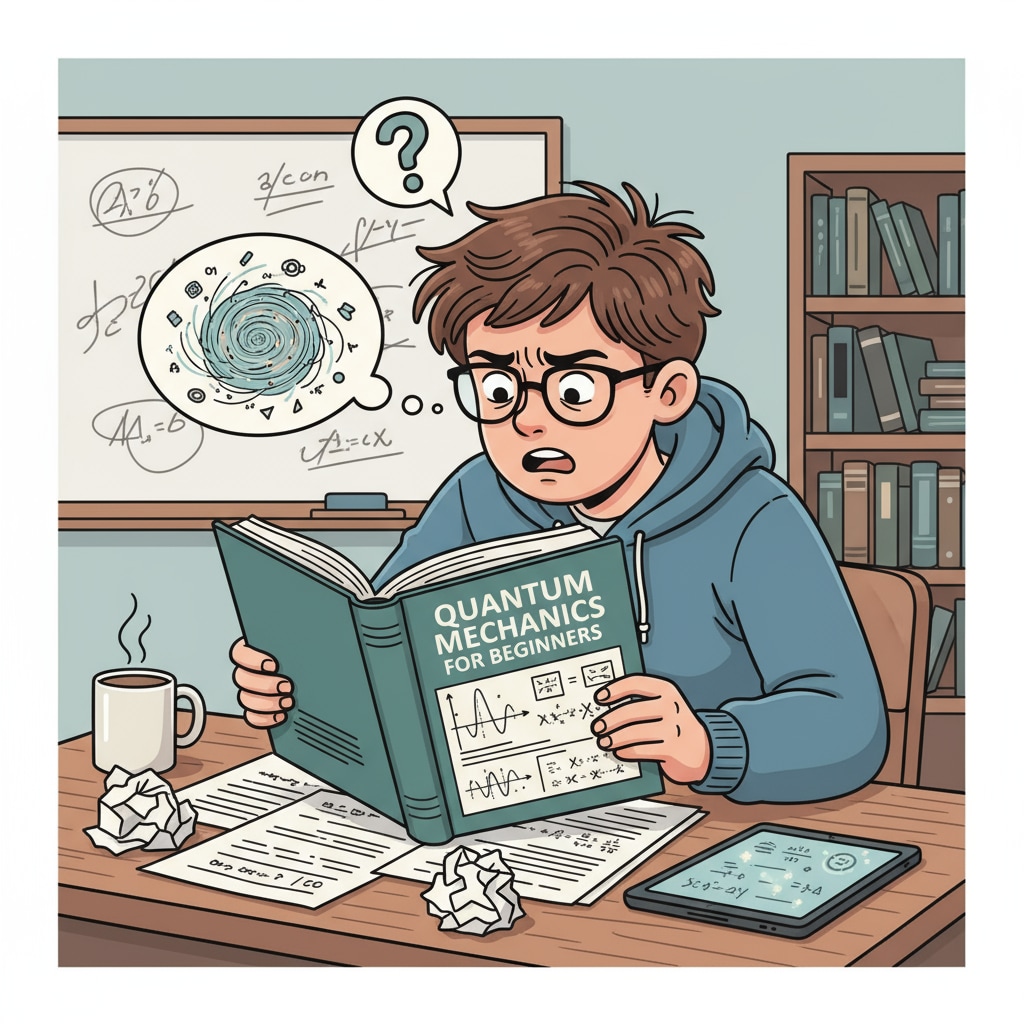Exam failures, inadequate preparation, and test preparation strategies are crucial aspects to consider when analyzing the academic performance of K12 students. Many students in the K12 system face the disappointment of exam failures, and often, the root cause lies in insufficient preparation. Understanding these reasons and implementing effective preparation strategies can significantly improve students’ academic outcomes.

Common Reasons for Exam Failures
One of the primary reasons for K12 students’ exam failures is lack of organization. Students may not have a proper study schedule, leading to last – minute cramming. For example, they might leave all the studying for the night before the exam. This haphazard approach does not allow for in – depth understanding of the material. According to Education.com, a well – organized study routine is essential for effective learning. In addition, a poor understanding of the curriculum can also contribute to exam failures. If students do not grasp the key concepts taught in class, they will struggle to answer exam questions correctly.

The Role of Inadequate Preparation
Inadequate preparation is a major factor in exam failures. This can manifest in different ways. For instance, not reviewing class notes regularly. When students do not go over what they have learned in class, the information quickly fades from their memory. Moreover, insufficient practice is another aspect of inadequate preparation. Without solving enough sample questions or doing practice tests, students may not be familiar with the exam format and types of questions. As stated on TeacherVision, consistent practice is vital for exam success.
Another element of inadequate preparation is the lack of a proper study environment. A noisy or distracting place can make it difficult for students to focus and retain information. This lack of focus during study time means that the knowledge acquisition process is hindered, ultimately leading to poor performance in exams.
Effective Test Preparation Strategies
To overcome exam failures and address inadequate preparation, students can adopt several effective test preparation strategies. First, creating a study plan is essential. A well – structured study plan should allocate specific time for each subject and topic. For example, students can set aside an hour each day for math and half an hour for science. This way, they can cover all the necessary material in an organized manner.
In addition, active learning techniques can greatly enhance preparation. Instead of passively reading textbooks, students can engage in activities such as summarizing notes, teaching the material to a friend, or creating mind maps. These methods help in better understanding and retention of information.
Furthermore, taking regular practice tests is a crucial strategy. Practice tests not only familiarize students with the exam format but also help them identify their weak areas. By focusing on these weak areas, students can improve their overall performance.
Readability guidance: As we have seen, the reasons for K12 students’ exam failures are often related to inadequate preparation. By implementing the right test preparation strategies, students can improve their chances of success. Using short paragraphs and lists, we have clearly outlined the common reasons and effective strategies. We’ve also maintained a good balance of sentence lengths and used transition words like ‘in addition’ and ‘furthermore’ to enhance readability.


